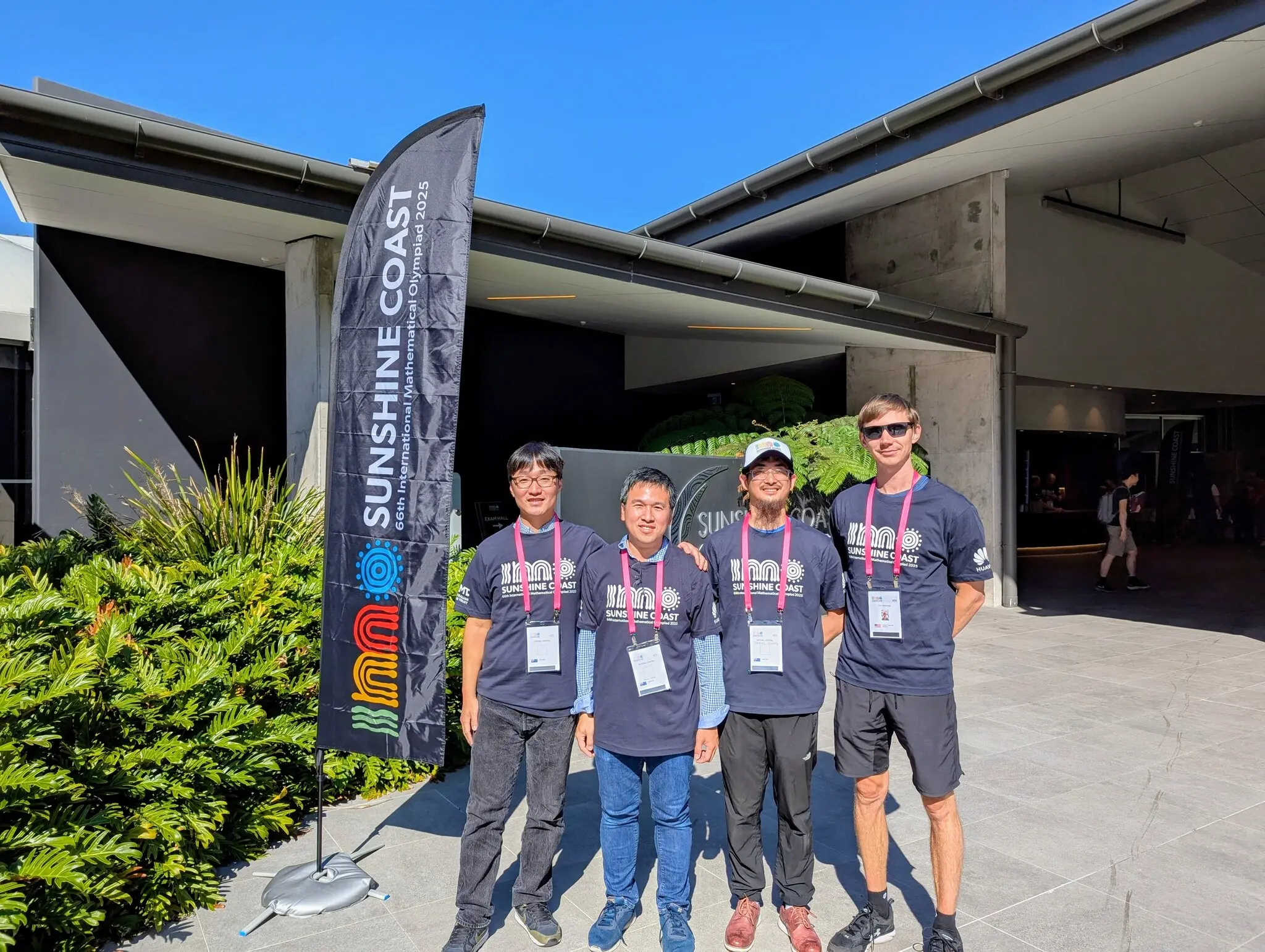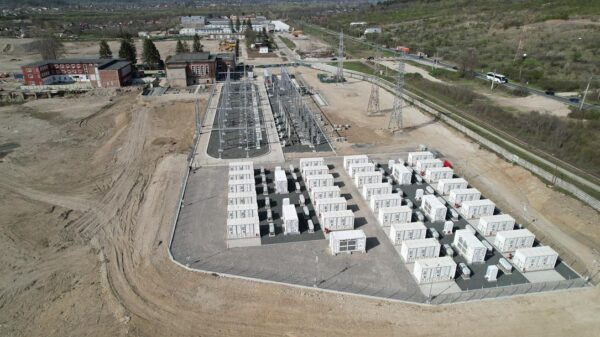Google DeepMind and OpenAI are extremely proud of using their advanced technology to outshine several high school students in a leading mathematics contest. They both would have taken gold medals after answering five out of six extremely difficult questions correctly if they were composed of flesh and blood.
This is the first time that artificial intelligence bots have been able to achieve such a challenging feat. Their general purpose reasoning models used natural language processing to successfully navigate the arduous equations.
Prior to this year’s event, large language models were capable of solving questions from the high school intellectual competition, but only after having them translated into computer programming language by humans. This conversion is no longer necessary for models developed by two of the world’s leading AI companies.
Google DeepMind, for instance, created two systems that were capable of achieving silver medal level proficiency at the International Mathematical Olympiad last year: AlphaProof and AlphaGeometry. The latest and greatest, Gemini, has now surpassed their capabilities.
This contest involves a group of the world’s brainiest high schoolers taking a pair of perplexing 4.5 hour exams within two days. It has been held annually for over six decades.
According to Junehyuk Jung, a mathematics professor at Brown University and artificial intelligence scholar who has collaborated with Google DeepMind, it signals that the technology is only about a year away from being capable of solving problems that have stumped the best and brightest.
“It’s exactly the kind of logical and creative reasoning we once thought was exclusive to the human mind,” described Solomon Walker, founder and CEO of a digital fine arts museum, in a social media post, “and the AI nailed it.”
Read more: Using a large language model for therapy may not be the greatest idea
OpenAI attracts praise, but also criticism
A group of observers have speculated that OpenAI’s model may be more worthy of recognition due to its lack of preparation in comparison to Google’s AI laboratory.
But, OpenAI also neglected to adhere to the event’s organizers’ request to avoid releasing results before the conclusion of the contest on Monday by announcing its achievement over the weekend. Google DeepMind CEO Demis Hassabis took a subtle stab at Sam Altman’s tech company with a comment on X.
“Btw as an aside, we didn’t announce on Friday because we respected the IMO Board’s original request that all AI labs share their results only after the official results had been verified by independent experts & the students had rightly received the acclamation they deserved,” he stated.
Google was also the only one of the two that was formally invited to participate in the competition. OpenAI just accessed the questions when they became public online and assessed its experimental reasoning model under the same conditions that legitimate contest participants had.
The discussion just came up on Reddit. It seems that Google helped their model at IMO to find a solution by "adding some general hints and tips on how to approach IMO problems".
OpenAI did not. This in no way diminishes Google's success. But it does suggest that OpenAI's model… pic.twitter.com/VQm71eMK8b
— Chubby♨️ (@kimmonismus) July 21, 2025
Read more: Hugging Face launches Reachy Mini: a robotic AI companion for your desk
Follow Rowan Dunne on LinkedIn
rowan@mugglehead.com












